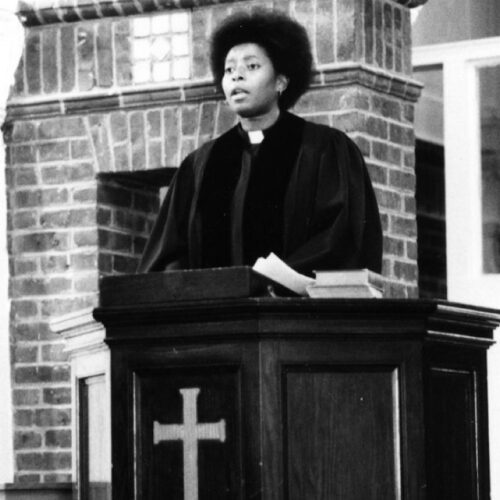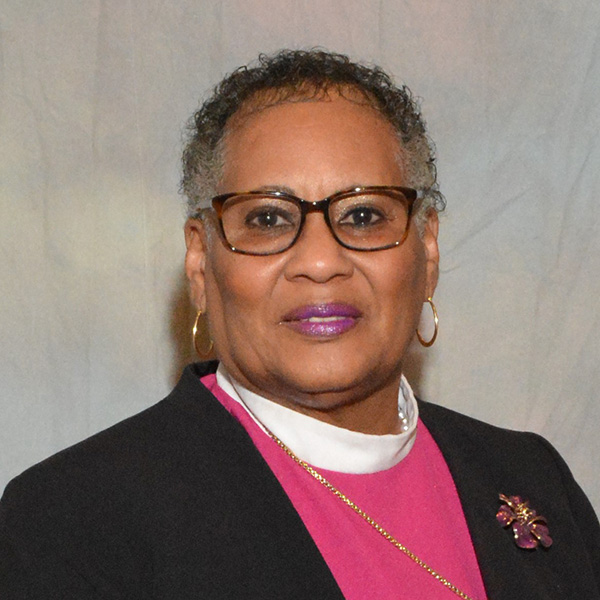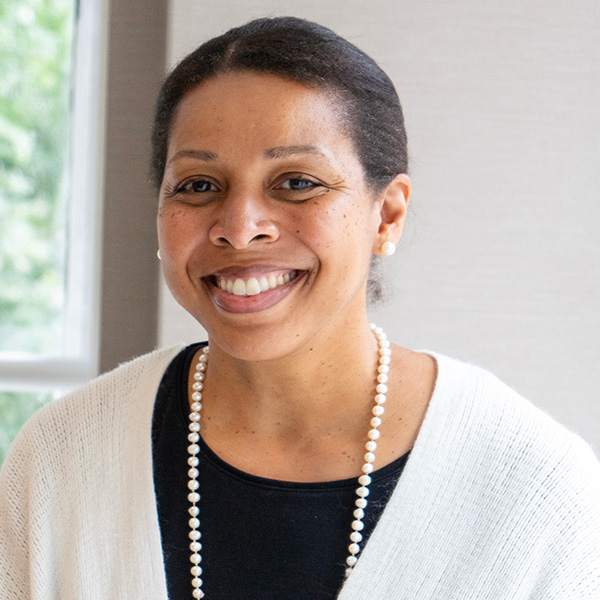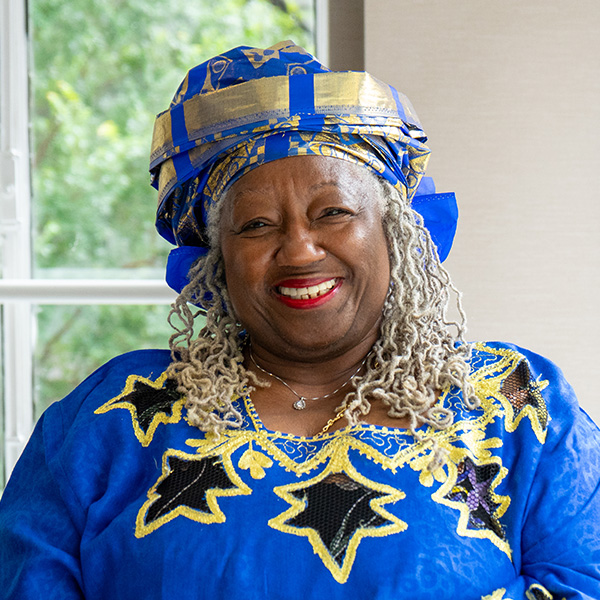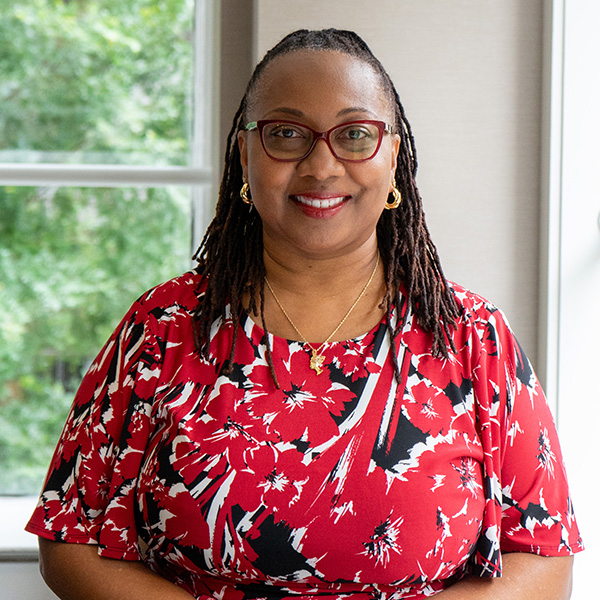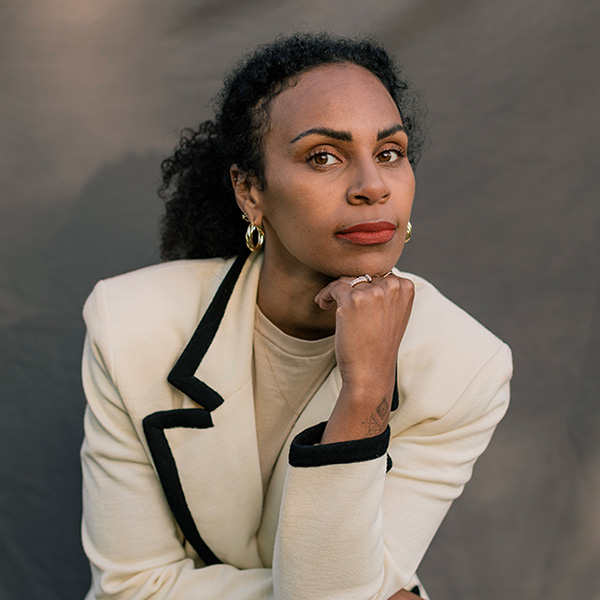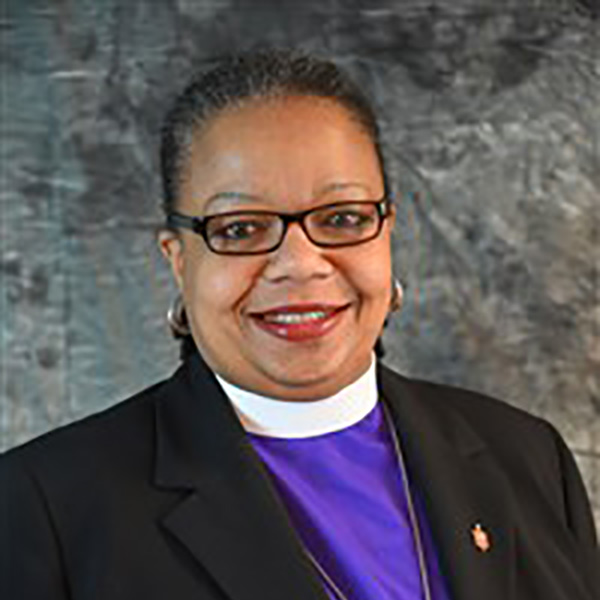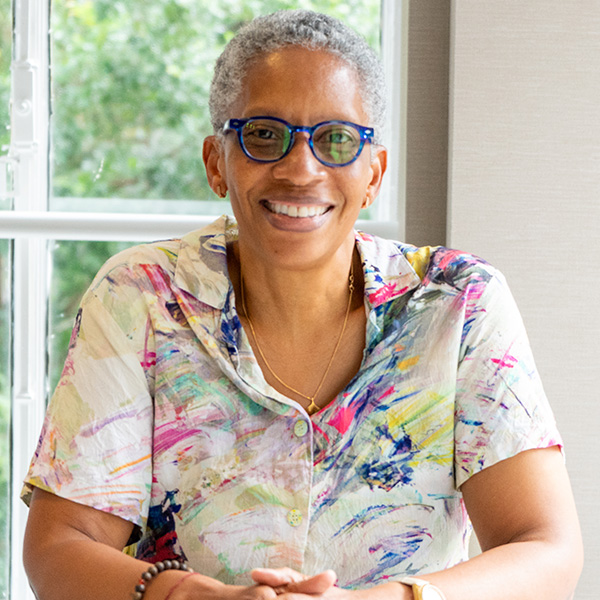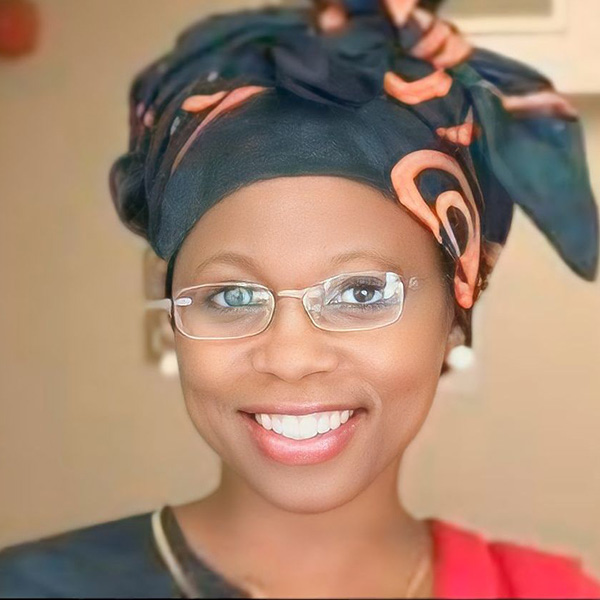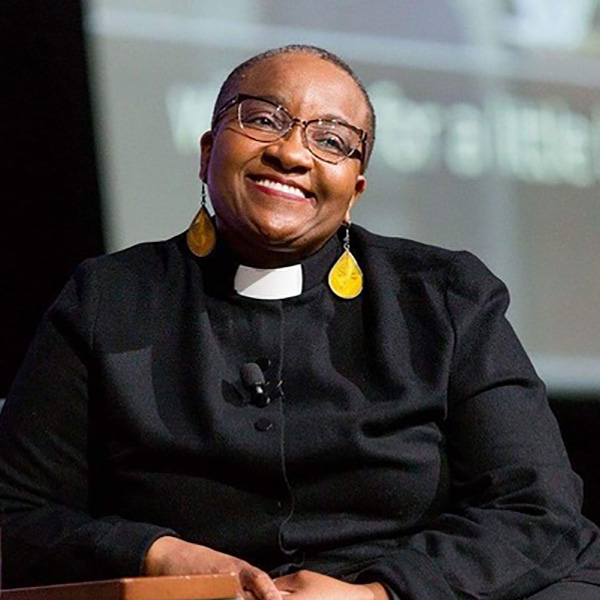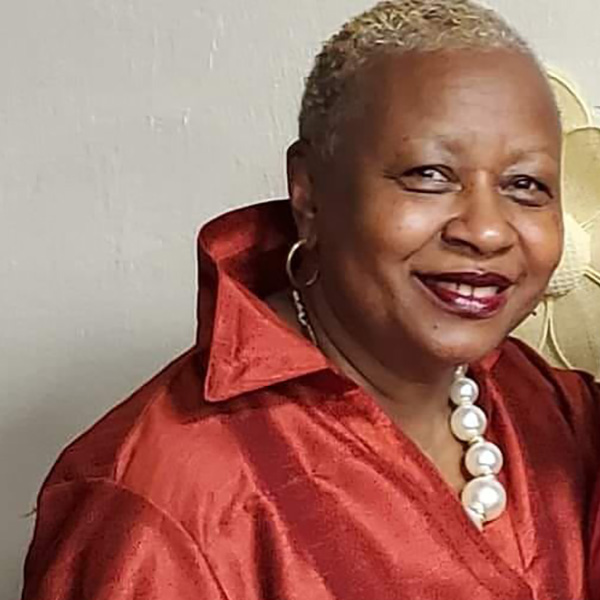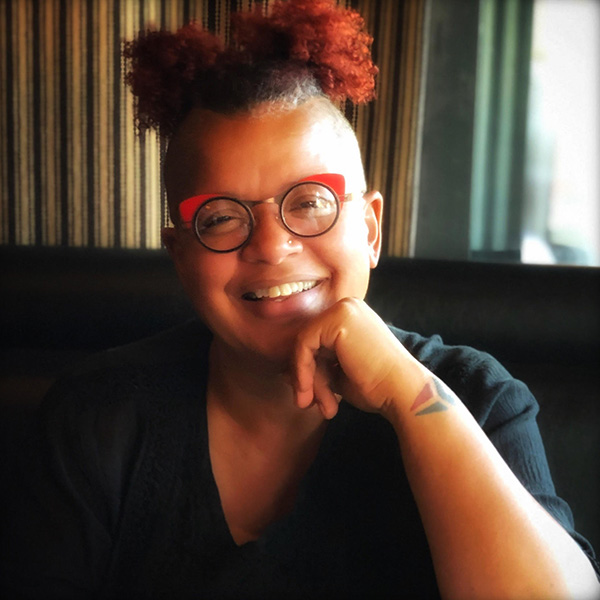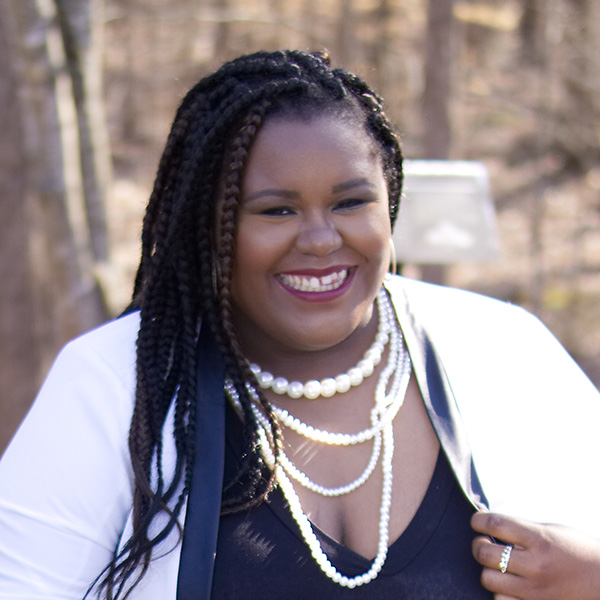Biography
Early Life
Katie Cannon’s parents were elders at Covenant Presbyterian Church in Kannapolis, North Carolina where she was born in 1950. Cannon was one of seven children. Growing up in the segregated South and the Lutheran Church influenced her call to education and ministry.
Religious Life
Cannon was ordained by the first all-Black governing body in the Presbyterian Church, the Catawba Presbytery, on April 24, 1974. She was the first Black woman to be ordained by the United Presbyterian Church, which later became Presbyterian Church (USA).
Education
At George Washington Carver High School, she graduated as salutatorian in 1967. She earned a degree in education from Barber-Scotia College in 1971. She earned her M.Div. at Johnson C. Smith Seminary of the Interdenominational Theological Center (ITC) of Atlanta.
Cannon became the first Black woman to earn a Ph.D. from Union Theological Seminary in New York in 1983. Her doctorate was in Christian Ethics. She was the first African American woman to earn a Master of Philosophy and a Doctorate degree at Union.
Academic Teaching and Practice
She was an educator, ethicist, and theologian. Cannon taught at Temple University, Episcopal Divinity School, Harvard Divinity School, and Union Theological Seminary. She was Professor of Religion and African American Studies at Williams College in Massachusetts. She served as Professor of Religion at Davidson College in North Carolina. She also served as Professor of Christian Social Ethics at Union Presbyterian Seminary in Richmond, Virginia.
She taught Christian Ethics at Union Presbyterian Seminary from 2001-18 as the Annie Scales Rogers Professor of Christian Ethics.
Womanist Ethics and Religious Activism
Dr. Cannon wrote about and described Womanist Theological Ethics. She is considered a founder of this field. Her essay “The Emergence of Black Feminist Consciousness,” was written in 1985. It laid the foundation for Womanist Ethics. It was based on Alice Walker’s description of the “womanist” in her book, In Search of Our Mother’s Gardens: Womanist Prose. Dr. Cannon expanded the concept of womanism. She applied it theologically to the African American community’s quest for liberation. Through ethics, she reframed the past through a womanist lens. She used critical analyses to correct past errors and describe a future that is life-giving for Black women and the Black community. In her book, Black Womanist Ethics, Dr. Cannon described Black women’s literary tradition as a source and expression of Black women’s moral wisdom.
Dr. Cannon was a prolific writer. She authored 4 books, and many articles. Her books include Katie’s Canon: Womanism and the Soul of the Black Community. She also wrote Black Womanist Ethics, and Teaching Preaching. She wrote Deeper Shades of Purple: Womanism with M. Shawn Copeland. She was an editor of God’s Fierce Whimsy: Christian Feminism and Theological Education with The Mudflower Collection.
As a Christian ethicist, Dr. Cannon centered the experiences and worldviews of Black women in moral reflection using Womanist Ethics. It addressed not only sexism, but also racism and classism. She viewed Black women’s lived experiences as central to how the Bible is read. Dr. Cannon said that Biblical interpretations must honor Black women’s lived reality. They must also address systems that hinder the full humanity of Black women and community.
Organizations
In 2016, she invited 7 people to collaborate with her in creating the Center for Womanist Leadership at Union Presbyterian Seminary, which she founded. The center held its inaugural conference in 2018. Dr. Cannon was the Executive Director of the Squaring of the Womanist Circle Project there. The Society for the Study of Black Religion elected her as president and she served from 2004-8. During the Presbyterian Church (USA)’s 223rd General Assembly in St. Louis, Missouri, Rev. Dr. Cannon was awarded the Excellence in Theological Education Award, in June of 2018.
Awards
Dr. Cannon was awarded the Distinguished Professor Award from Spelman College. She was named Distinguished Alumni at Barber-Scotia College, and also at the Johnson C. Smith Theological Seminary at Interdenominational Theological Center.
